International cooperation
International cooperation
Clean, safe, and sufficient water — that is what we are working on in the area Waterschap Limburg (Water authority Limburg) manages. However, water does not respect borders. That is why we work together with our neighbours Belgium and Germany. We also exchange knowledge, skills, and experiences with 'far away' countries. After all, the world is facing a changing climate — which can cause flooding and/or drought — for example.
By joining forces with domestic and international partners, we work together to find solutions to these comparable and increasingly urgent challenges in relation to water management worldwide.
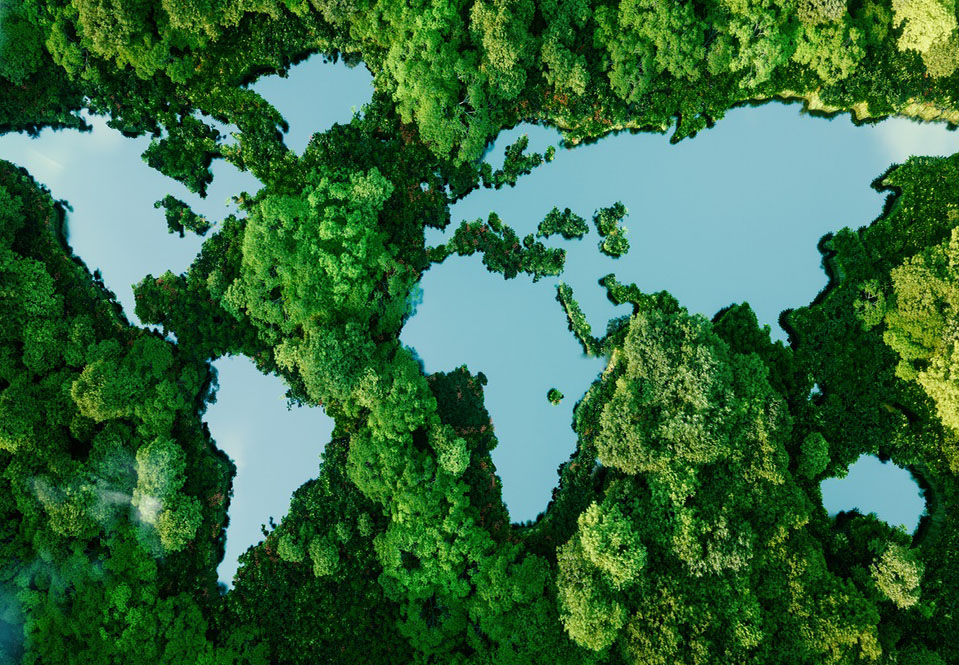
What is a water authority?
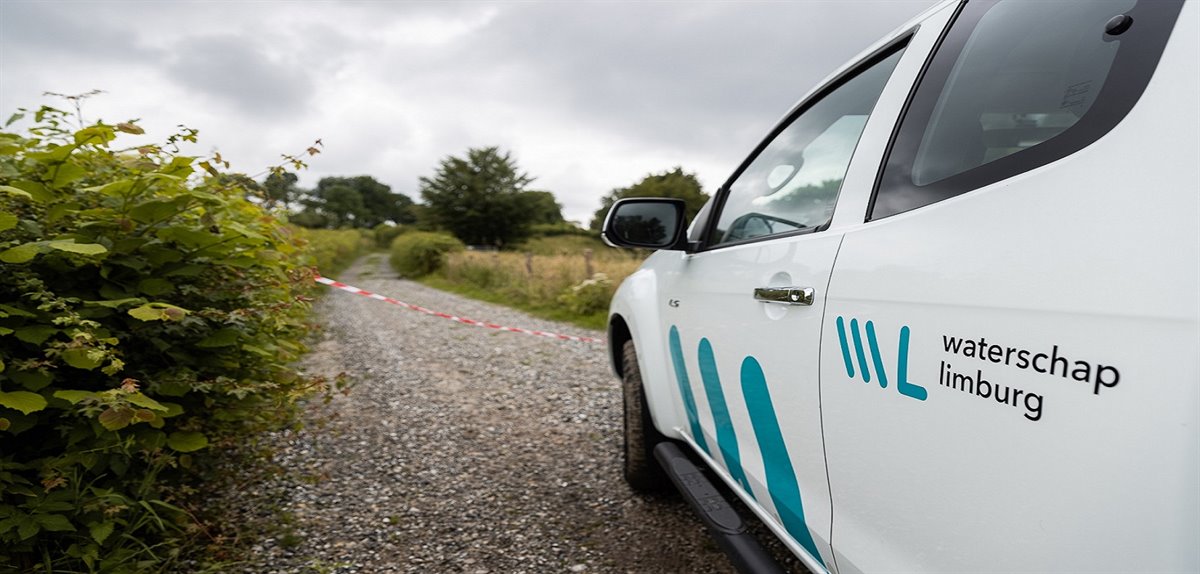
There are 21 water authorities in the Netherlands. They all are independent governmental organisations with their own elections and water authority tax. Water authorities are the oldest democratically elected entities in the Netherlands.
A water authority takes care of regional water management, ensuring that there is enough clean water and that the environment remains both dry and safe. This requires efforts from other governments in the Netherlands and partners in other countries as well. We need each other, as the challenges we face are great.
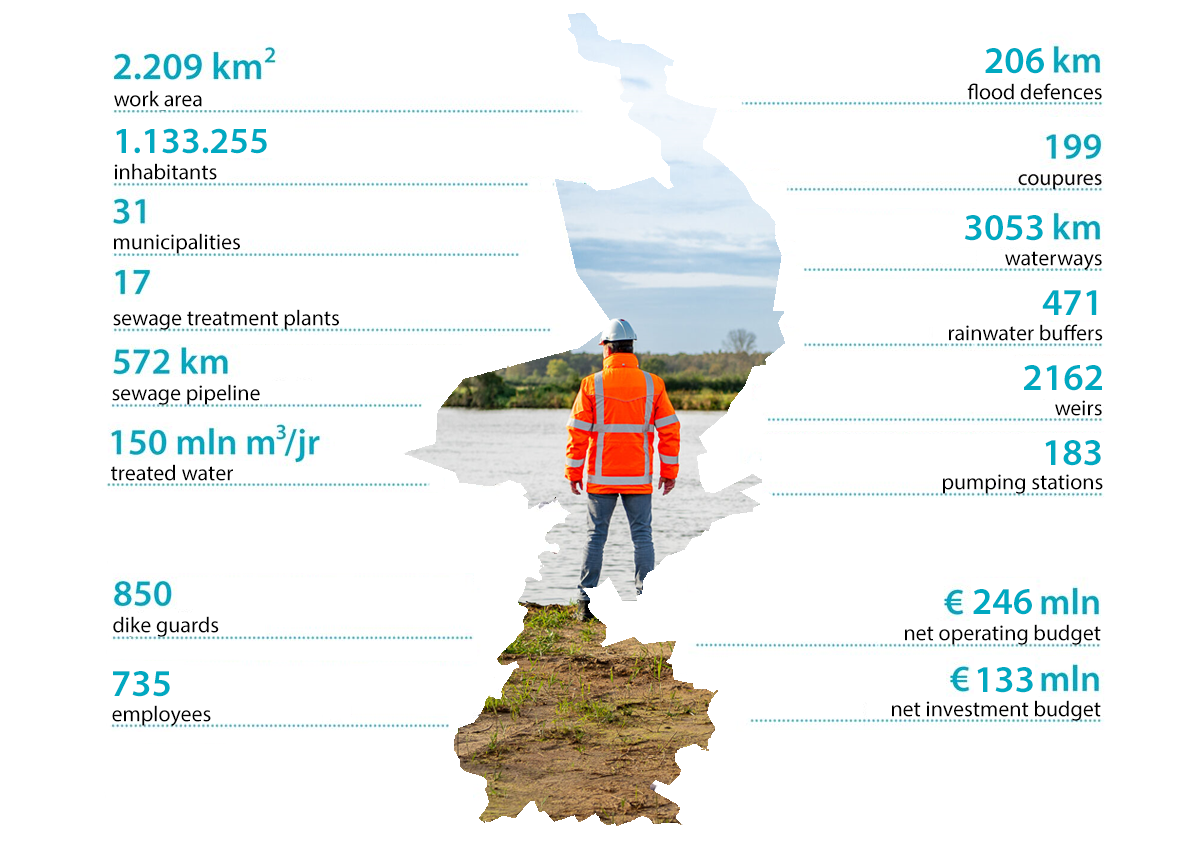
What do we do?
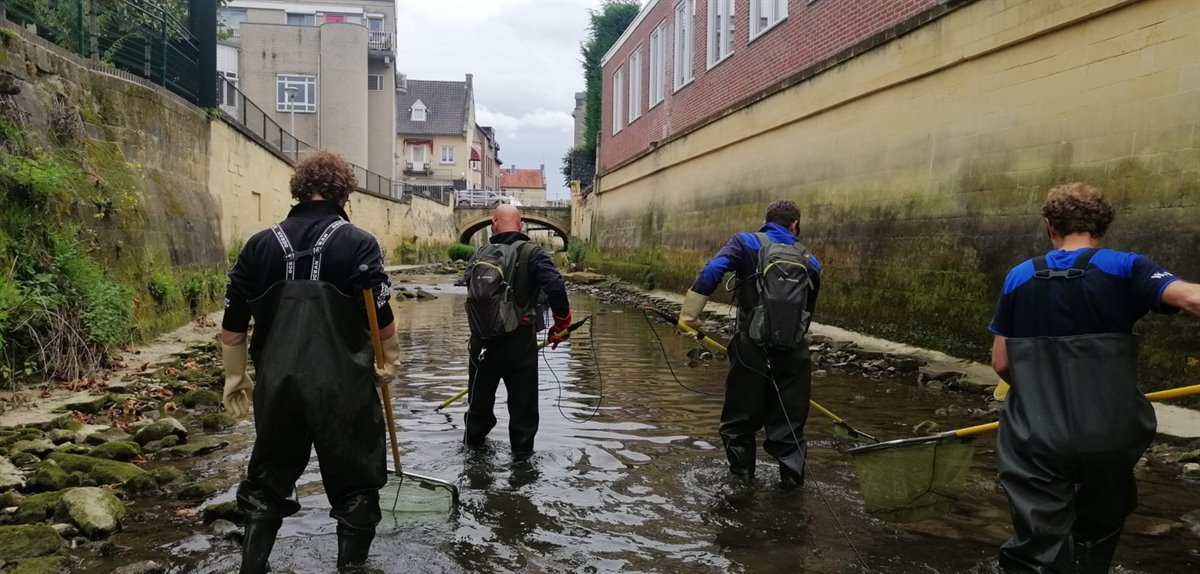
Together with our environment, we ensure sustainable water management and a liveable future in the province of Limburg.
The area managed by Waterschap Limburg covers the entire province of Limburg. Over 600 employees, 800 volunteer dike wardens, and our elected board work daily to carry out our water management tasks. In doing so, we represent the interests of our residents, agricultural and other businesses, and nature, among others. Mutual cooperation both within national borders and beyond them, is essential to achieve the set goals.
Want to know more about our organisation? Watch our corporate movie below.
Why do we cooperate beyond national borders?
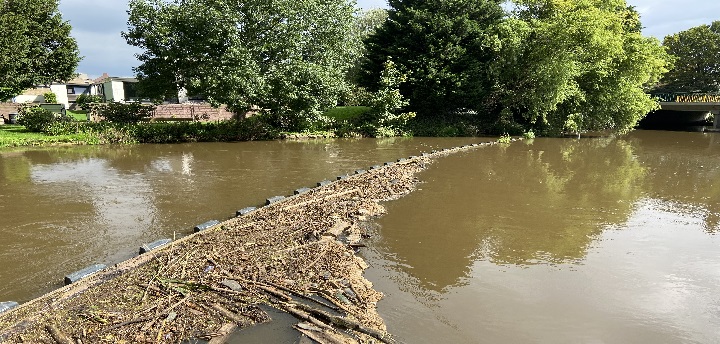
75% of the area managed by Waterschap Limburg borders other countries and we share 20 WFD (European Water Framework Directive) waters with Belgium and Germany. As a downstream area, Limburg is impacted by what happens upstream. Therefore, good cooperation with our neighbours in terms of water quality and quantity, is important.
An example of a project which is set up together with our direct neighbours, is the natural reconstruction of the ‘Rode Beek’ brook in Millen-Susteren. The ‘Rode Beek’ is a brook with a special international character as its source is located in both the Netherlands and Germany. To give nature and fish more space, the stream will have its natural meandering character restored.
Another example is the Litter Free Rivers And Streams (LIVES) project. The aim of this project is to organize a coordinated, cross-border approach to reducing plastic waste in the Meuse basin.
International cooperation ‘far away'
We also look beyond our immediate neighbours. International cooperation ‘far away’ contributes to sustainable and climate-resilient global development. It is a form of knowledge exchange and represents a contribution to making the world a more beautiful place. This also helps us to build our network, increase the visibility of the water board, and contribute to the development of our employees.
One example is the Blue Deal programme, a cooperation of all Dutch water authorities with the Ministry of Foreign Affairs and the Ministry of Infrastructure and Water Management. The ambition of this programme is to help 20 million people around the world have clean, safe, and sufficient water by 2030. We are contributing to this program in Romania, Colombia, Eswatini, and South Africa.
Would you like to know more?
If you want to know more about our international cooperation, then feel free to contact us by sending an e-mail to [email protected]. Alternatively, feel free to read the magazine below.
